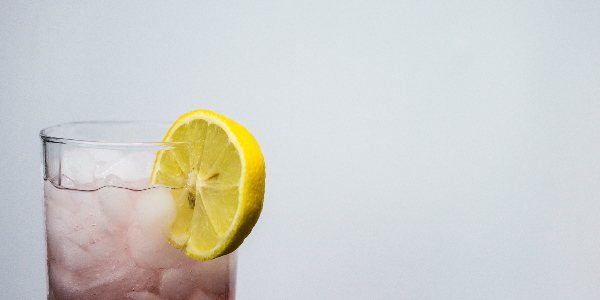Thailand introduces new sugar tax in a bid to cut healthcare costs
Thailand consistently ranks among the top sugar consuming nations in the world. In fact, Thai people consume an average of 26 teaspoons each day, four times the recommended amount of six teaspoons. Associated with an increased risk of developing chronic conditions like obesity, diabetes, and heart disease, high sugar intake in Thailand makes up 2.2 percent of total GDP losses each year. To slash future healthcare costs, the Thai government has introduced a new sugar tax on drinks with high sugar content. Read on to learn more about the new sugar tax, as well as its future implications.
More sugar means higher tax
Effective from September 16th, 2017, the Thai government implemented their first-ever sugar tax in the hopes of encouraging consumers to reduce their sugar intake, become more health conscious and, subsequently, reducing future healthcare costs.
On what the new tax structure entails, Nutthakorn Utensute, Director at the Tax Planning Bureau of the Excise Department, said: “Normally, beverages are already taxed but only on their values, at the rate of 20% ex-factory prices or [Cost, Insurance and Freight (CIF)] values.” Now, drinks will also be taxed based on their sugar content.
Beverages with over 6 grams of sugar per 100 ml will be subject to the new sugar tax, with drinks containing higher sugar content carrying a larger tax burden. While these new taxes are levied on manufacturers, it is expected that they will eventually be passed on to consumers.
To allow the beverage industry time to adjust, the Excise Tax Department has provided a two-year period in which there will be lower tax rates for sugary beverages. This time period will hopefully incentivize manufacturers to adjust or lower the sugar content of their new or existing beverages. After two years, manufactures who have not lowered the sugar content of their beverages under the government’s specified threshold will be subject to levies at a progressive rate.
Which beverages are subject to the new sugar tax?
As of the time of writing, the beverages subject to the new sugar tax include:
- Carbonated drinks with added sugar – e.g. canned and bottled sodas
- Beverage concentrates
- Energy drinks
- Coffee
- Tea
- Soda water
- Artificial mineral water
- Fruit juices
- Vegetable juices
It should be noted here that the scope of this sugar tax includes added sugar and natural sugar, but excludes artificial sweeteners. Flavored milk and unflavored milk tablets are also exempt from this new tax policy.
Sugar tax aimed at reducing healthcare costs
High sugar intake results in losses of BHT 198.5 billion each year, or 2.2 percent of the nation’s GDP, mainly from obesity, diabetes, and coronary heart disease. Prachuab Tayakeepisut, Vice Chairman of the Thai Beverage Industry Association, commented: “The new tax is intended to cut future health costs for Thailand, both from imported pharmaceuticals and medical services.”
As of now, it is still too early to estimate what the healthcare cost savings in Thailand would be in the long term. When looking at cost savings globally, however, the WHO estimated that a tax of 1 cent per ounce in the US would result in over USD 17 billion in healthcare cost savings. They further predicted that a tax of 20 percent on sweet beverages can lead to a 20 percent reduction in consumption, thus preventing obesity and diabetes.
Researchers further predicted that, following Mexico’s implementation of a sugar tax in 2014, the drop in sugary beverage purchases reduced by 12 percent by the end of 2014. If this pattern of consuming fewer sweet beverages is sustained, over the next 10 years the tax could help prevent 189,300 new cases of Type 2 diabetes, 20,400 strokes and heart attacks, as well as 18,900 deaths among adults aged 35 to 94 years old. From 2013 to 2020, it was also estimated that the reduction in diabetes alone could result in healthcare cost savings of USD 989 million dollars.
Final advice: Get insured
Securing the right health insurance policy will ensure that you get access to the best healthcare facilities should you require care for a chronic condition like diabetes. It’s possible for health insurance plans to pay for most or all of your testing and healthcare costs, and some plans will even cover you for care outside of Thailand.
If you’re unsure what your current medical insurance covers, or would like to find the best health insurance plan in Thailand, be sure to get in touch with a trusted insurance broker today.
- Why children should have health insurance cover in Thailand - March 18, 2021
- Vaccinations for Thailand: An up-to-date list of all essential inoculations - January 27, 2021
- Important questions to ask about teacher’s health insurance in Thailand - January 26, 2021





Comments
Comments for this post are closed.